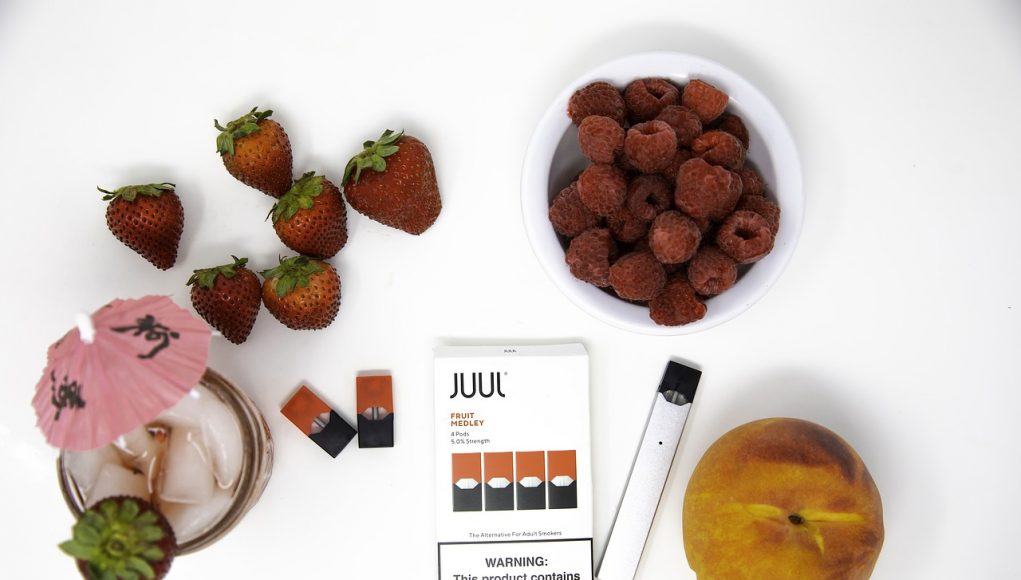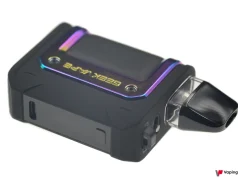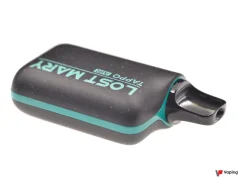The data indicated that at 38.1%, top-selling Juul has been holding about a 4.8-percentage point gap over R.J. Reynolds Vapor Co.’s Vuse, which was at 33.3%. The last five Nielson reports have consistently indicated a 4- to 4.8-percentage point gap between the two e-cigarettes.
Meanwhile, NJoy was at 3.1%, up from 2.9% in the previous report, while Fontem Ventures’ blu eCigs has remained unchanged at 2.3%. Given the flavour restrictions that were set in place by the Food and Drug Administration (FDA) in February 2020, many manufacturers of cartridge-based e-cigarettes, such as Juul Labs Inc., Reynolds Vapor, NJoy and Fontem, took a hit when they were forced to stop manufacturing, distributing and selling many of their products.
Naturally, as pointed out by Goldman Sachs analyst Bonnie Herzog, another significant contributor to the slump is “the impact of e-cigarette market denial orders by the FDA as it continues to work through premarket tobacco applications.”
The Effect of the PMTA process
A recent release by E-CigIntelligence who analysed data from over 6 million submissions received by the FDA, highlighted that this analysis shows that there were hundreds more applications for the simpler disposable and cigalike devices, than for open system hardware. These type of products tend to come from large companies such as tobacco manufacturers, while open systems are produced by smaller specialist businesses.
Of some 200 open system brands available today, only about 30 have filed PMTA applications to the FDA. Even if all these are approved, that disparity implies that about 85% of open system hardware brands will soon be removed from the market. “This may indicate the discouragement that non-tobacco companies face when applying for PMTA approval,” said ECigIntelligence managing director Tim Phillips.
Read Further: Winston-Salem Journal












